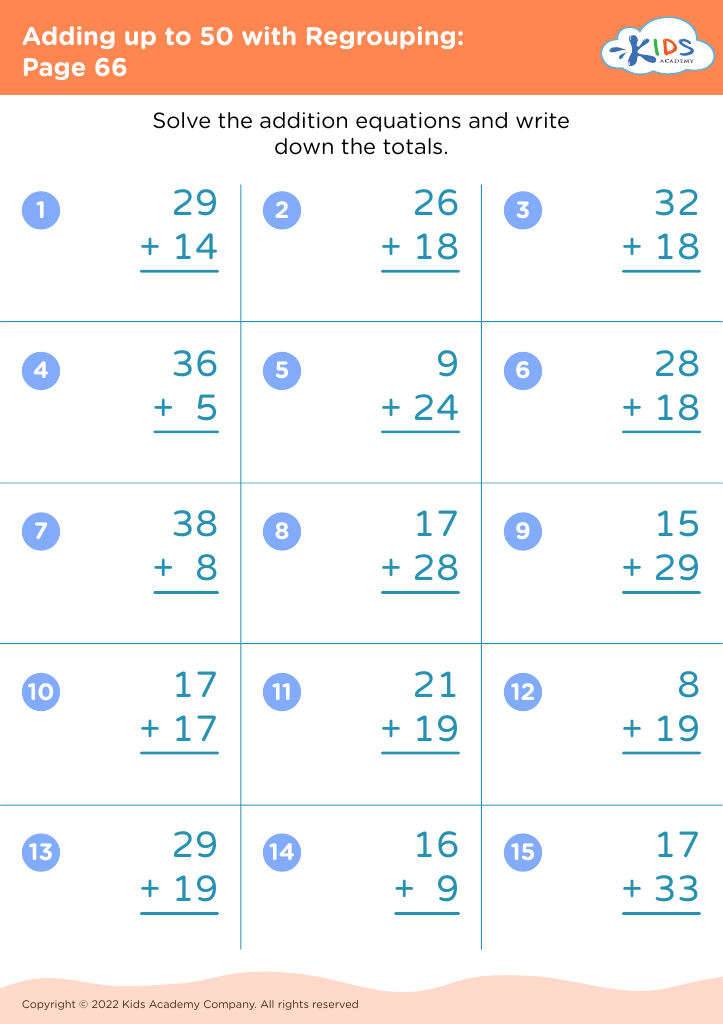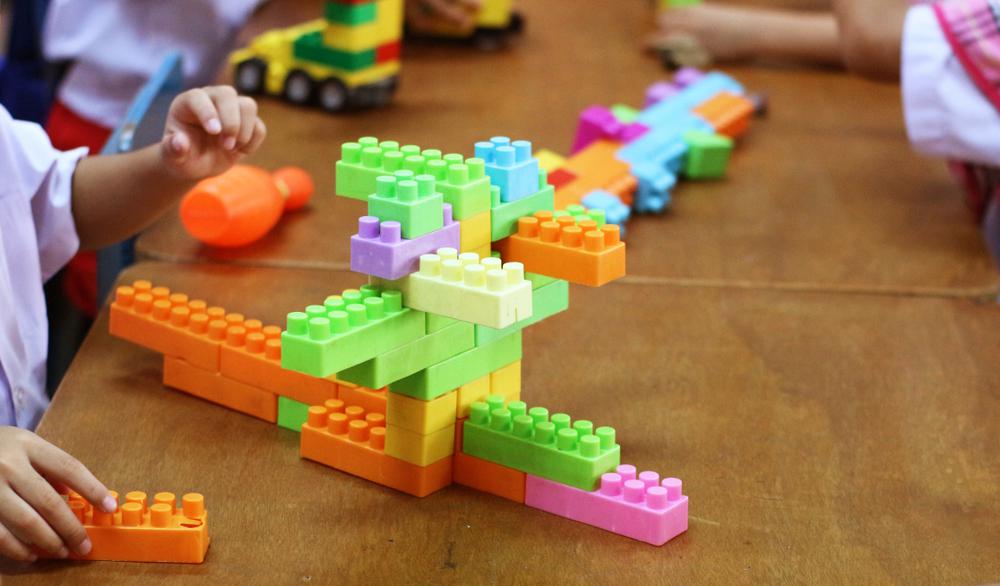Observation skills Worksheets for Ages 7-9
7 filtered results
-
From - To
Enhance your child's observation skills with our engaging observation skills worksheets for ages 7-9. Designed to foster critical thinking and enhance attention to detail, these worksheets provide fun and interactive exercises that challenge kids to notice and analyze their surroundings. Covering a variety of themes, the activities promote cognitive development and encourage curiosity about the world. From spotting differences to completing picture puzzles, each worksheet is tailored to help young learners sharpen their observation skills while having fun. Perfect for supplemental learning at home or in the classroom, these resources support a well-rounded educational experience. Explore our collection and watch their skills grow!


Matter: Assessment 1 Worksheet
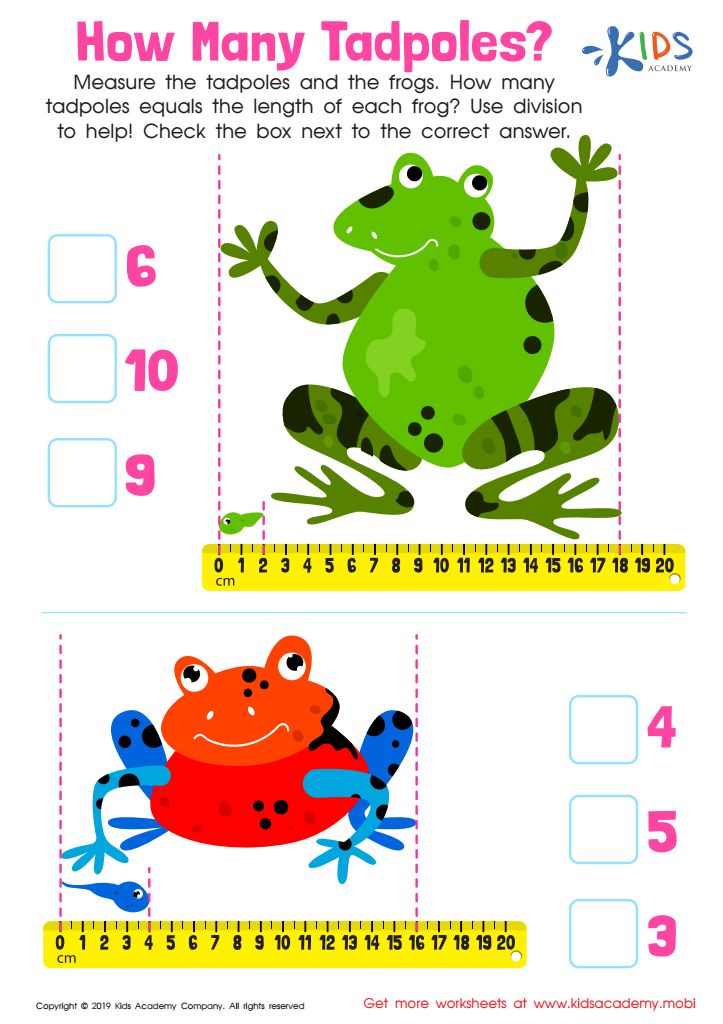

How Many Tadpoles Worksheet
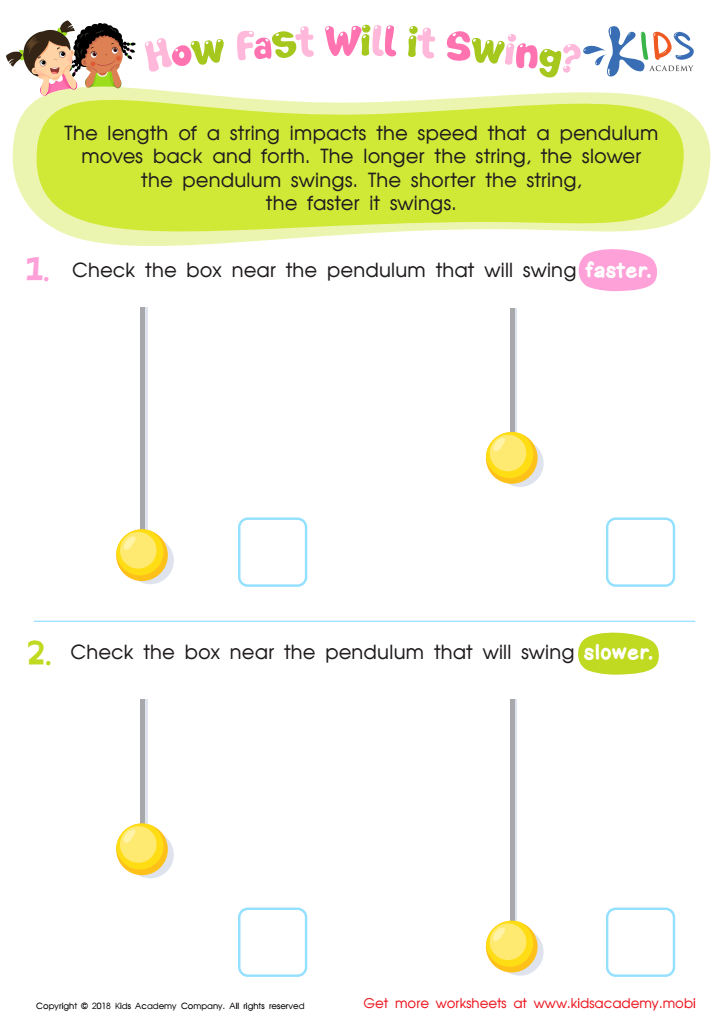

Pendulum Experiment Worksheet For 3rd Grade
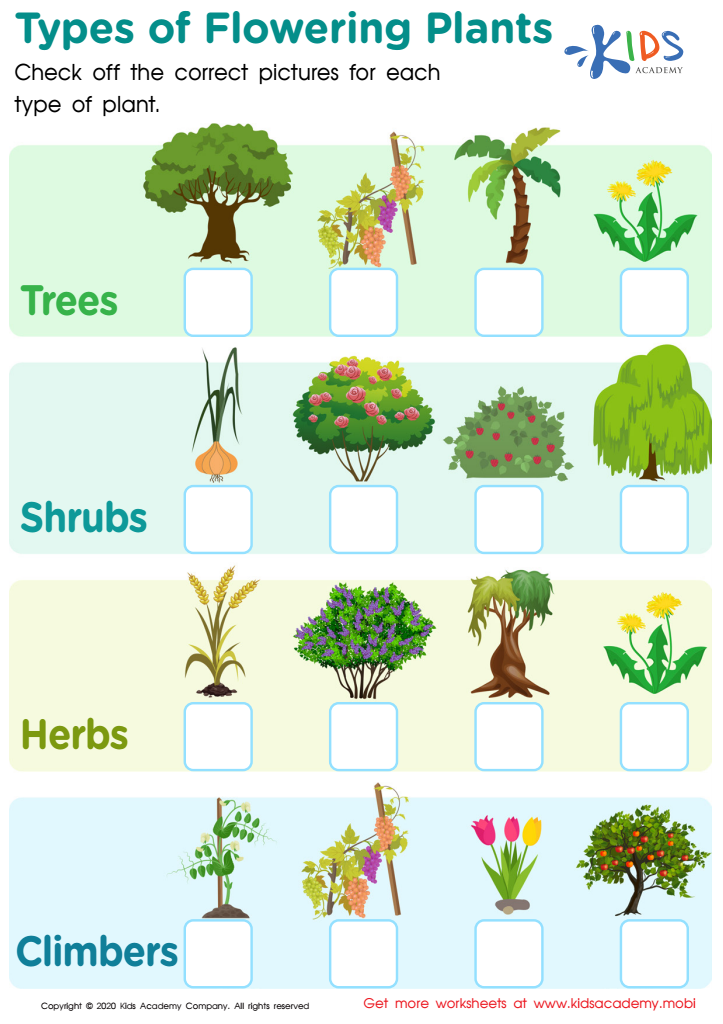

Types of Flowering Plants Worksheet
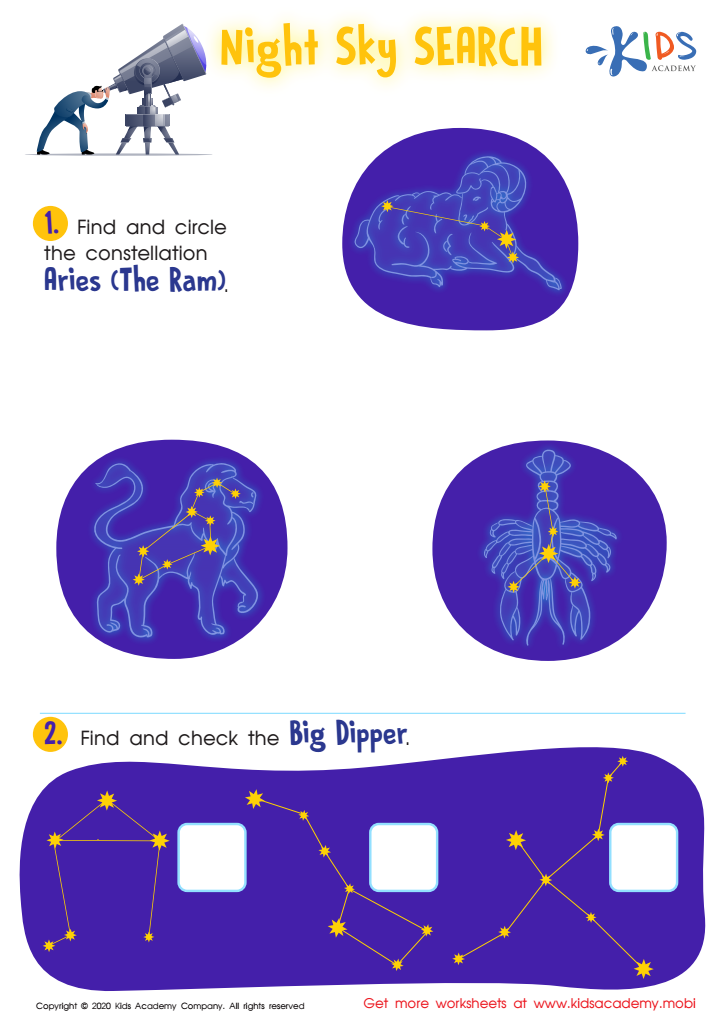

Night Sky Search Worksheet
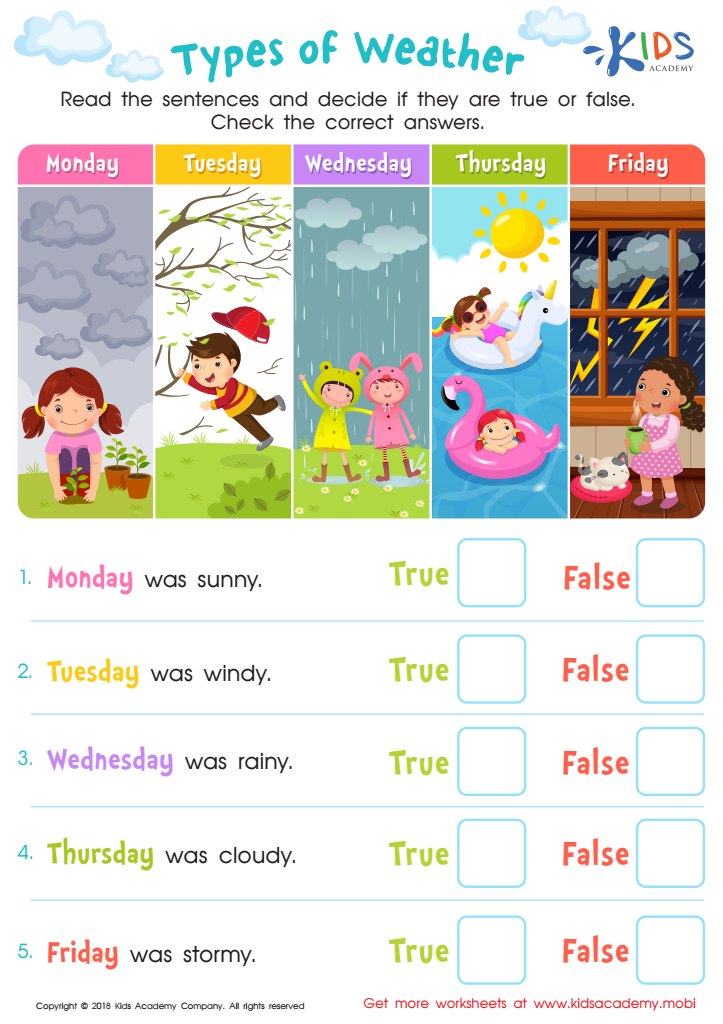

Types of Weather Worksheet
Observation skills are crucial for children aged 7-9 as they form the backbone of effective learning. At this stage, children are naturally curious, eager to explore their environment and understand their surroundings. By honing their observation skills, parents and teachers can help children enhance critical thinking, problem-solving abilities, and attention to detail.
Strong observation skills enable children to gather information from their environment, facilitating better comprehension in subjects like science and mathematics, where deep observation can lead to discoveries and insights. When children learn to observe carefully, they also develop empathy and social awareness, understanding non-verbal cues during peer interactions and enhancing emotional intelligence.
Moreover, nurturing these skills encourages independence and confidence in learning. When children learn to notice details and patterns, they become more engaged in activities, share insights in discussions, and ask thoughtful questions, promoting a love for learning.
For parents and teachers, fostering observation skills is not just about academic success but also about preparing children for life’s challenges, encouraging them to be perceptive, reflective, and adaptable in an ever-changing world. Creating opportunities for observation through nature walks, art, and daily experiences will cultivate these vital skills and contribute to well-rounded development.
 Assign to My Students
Assign to My Students

